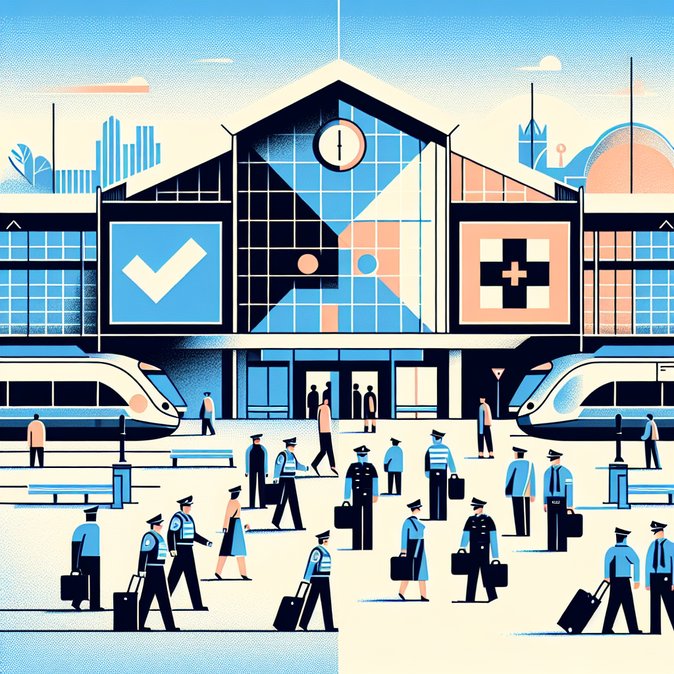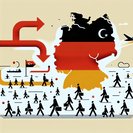
In a surprise joint move, the Bundestag’s SPD and Green parliamentary groups demanded on 26 October that the Federal Police shift thousands of officers away from temporary Schengen-area border posts and back into Germany’s railway stations. Interior policy spokesman Sebastian Fiedler (SPD) argued that “smart border-control technology” now makes blanket passport checks less labour-intensive, freeing up as many as 4,000 officers who could combat rising violence and pick-pocketing on trains. Green MP Marcel Emmerich called the current controls “unlawful and disproportionate”, saying they tie down staff who “mostly stand around idle at the frontier”.
The proposal comes after almost a year of politically driven spot-checks introduced to stem irregular migration. Conservatives immediately rejected the idea. CDU interior spokesman Alexander Throm insisted the extra manpower is needed to enforce Chancellor Merz’s extended six-month border-control order and to deter smugglers. The police union DPolG cautiously welcomed the debate but warned that recruitment bottlenecks make any large-scale redeployment unrealistic without technological upgrades such as AI-assisted video surveillance.
For corporate travel managers the discussion matters: prolonged border checks have added 15–30 minutes to many cross-border rail and road journeys, affecting commuters from Austria, the Czech Republic and Poland. If the redeployment gains traction, door-to-door travel times on key business corridors such as Munich–Salzburg or Dresden–Prague could improve. Conversely, a return of officers to stations may lead to more random ID checks on domestic passengers, with implications for privacy-compliance policies.
The episode also signals friction within Germany’s “grand coalition” over how far to go in tightening migration rules ahead of next February’s federal election. Mobility planners should therefore expect continued policy volatility over border procedures through at least Q1 2026.
The proposal comes after almost a year of politically driven spot-checks introduced to stem irregular migration. Conservatives immediately rejected the idea. CDU interior spokesman Alexander Throm insisted the extra manpower is needed to enforce Chancellor Merz’s extended six-month border-control order and to deter smugglers. The police union DPolG cautiously welcomed the debate but warned that recruitment bottlenecks make any large-scale redeployment unrealistic without technological upgrades such as AI-assisted video surveillance.
For corporate travel managers the discussion matters: prolonged border checks have added 15–30 minutes to many cross-border rail and road journeys, affecting commuters from Austria, the Czech Republic and Poland. If the redeployment gains traction, door-to-door travel times on key business corridors such as Munich–Salzburg or Dresden–Prague could improve. Conversely, a return of officers to stations may lead to more random ID checks on domestic passengers, with implications for privacy-compliance policies.
The episode also signals friction within Germany’s “grand coalition” over how far to go in tightening migration rules ahead of next February’s federal election. Mobility planners should therefore expect continued policy volatility over border procedures through at least Q1 2026.









